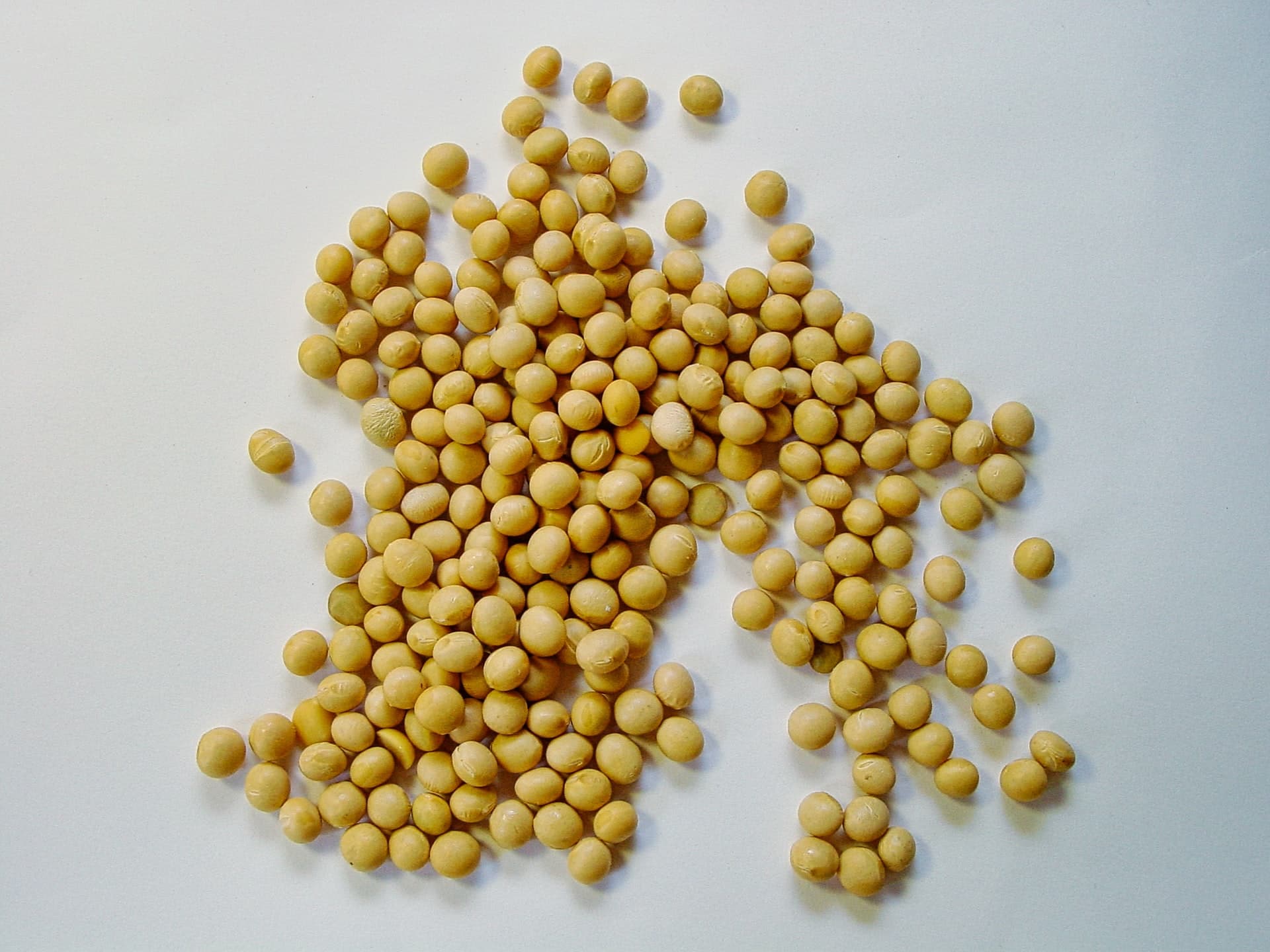If you frequently read the ingredient lists of pre-packaged food items you may see soy and/or soy lecithin on many of them, but why is that? Read on to learn more about what soy lecithin is, why it’s found in many of our foods, and if it can be harmful to your health.
What is Soy?
Soy comes from the soybean plant, a legume that is also considered an oilseed. While soy is rich in protein and fiber, as well as isoflavones, and powerful antioxidants, it is a very controversial ingredient in the world of nutrition. On one hand, many studies show that soy helps to reduce cholesterol and heart disease risk, and some studies have even found that the isoflavones in soy have anti-cancer benefits. On the other hand, some studies point to the theory that soy can be quite detrimental to your health and that isoflavones can interfere with your endocrine system and hormone balance. Our take? Like anything, enjoy soy in moderation, but we’ll get more into that later in the blog.
What is Lecithin & Soy Lecithin?
Lecithin is a food additive that comes from many sources — one of the primary ones being soy. Lecithin is most often used as an emulsifier, which means it makes oil and water mix together, which they often don’t do on their own. This is why you will see soy lecithin on the ingredient list of creamy salad dressings, mayonnaise, reduced-fat buttery spreads, and other foods that have a large portion of oil.
In addition to emulsifying, lecithin also stabilizes the emulsions (water + oil mixtures) it creates and extends shelf life. It also reduces stickiness and is often used as a “releasing agent,” which is integral to the effectiveness of non-stick cooking spray.
Soy lecithin is also found in some products you wouldn’t expect, like dietary supplements, ice cream and other dairy products, infant formulas, bread, margarine, and other convenience foods. And while there is controversy surrounding soy lecithin, particularly because it’s primarily made from genetically modified soy, the good news is that it’s usually used in such small amounts that it isn’t something to be too concerned about.
Is It Harmful?
While there have been studies done that indicate soy lecithin and soy phytoestrogens can produce effects on the body similar to the hormone estrogen — and may promote an increased risk of breast cancer in adult women by altering or decreasing natural estrogen — there has been no direct or conclusive link to cancer. Another concern deals with reproduction, as a study from Johns Hopkins Medical Institutions suggested that exposure to soy during reproductive development could have long-term detrimental effects in males, ultimately leading to reproductive abnormalities and sexual dysfunction. Once again, this correlation cannot be deemed causation.
Your Takeaway
While these concerns are valid, it’s good to remember that the amount of soy lecithin in most products is quite small, and generally not enough to cause any major health concerns. However, if you eat packaged foods on a regular basis, soy lecithin can add up. Especially because most packaged products also contain soy as well. Overall, it’s not something to fixate on, but it’s helpful to be aware of what’s in your food and to limit intake of highly processed foods overall.
Almost all of our meals here at Snap are completely soy-free, and we don’t have soy lecithin in any of our meals. The only soy we will ever use is largely non-processed, like edamame. Explore all of our fresh, delicious meals for yourself!





Leave a Reply
No Comments